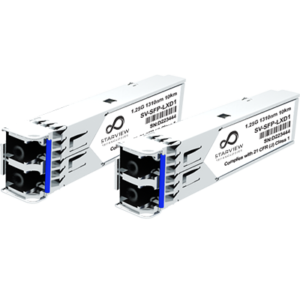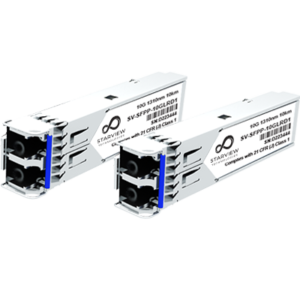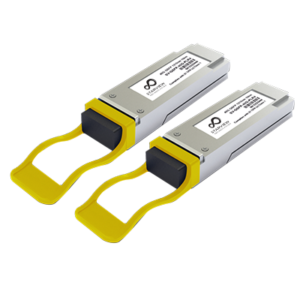- SOLUTIONS
- PRODUCTS
- SERVICES
- PARTNERS
- RESOURCES
Optical Transceivers-Turning Data into Light

Green Storage – Save Your Electricity Bills With Energy Optimized Storage

Optical transceivers make your cloud computing environments highly efficient and operational
Optical Transceivers-Turning Data into Light
Welcome to the world of optical transceivers. These devices are essential for today’s modern data communication networks, allowing faster and more efficient data transmission over longer distances. In this newsletter, we shall discuss how optical transceivers play an important role in today’s digital networking world.
Optical transceivers are devices that convert electrical signals into optical signals and vice versa. This is done using a light source to generate an optical signal at the transmitter, and transmitted over an optical fiber cable. The optical signal is then converted back into electrical signal at the other end of the receiver. This process of converting data into light and back into data makes optical transceivers effective.
With the popularity of cloud computing, big data analytics, 5G and artificial intelligence, the demand for optical transceivers continue to increase. These applications require large volume of data to be transmitted over long distances, and optical transceivers are the most efficient way to do this
Optical transceivers have become a standard accessory used across all networking devices. In order to standardise across all vendor’s devices, a Multi Sourced Agreement (MSA) is made between multiple manufacturers to have the same functionality and operability of the transceivers. There are three reasons why MSA is important:
- Enables users to have wider choices for third party transceivers.
Users will not be limited to select transceivers only from the original manufacturer, alternatively the user can source third-party transceivers to have a wider selection of choices - Saving money.
Users are not restricted to purchase exorbitant costs from original manufacturer, but can source for alternative third-party transceivers - Better support from transceiver specialists.
Most equipment vendor does not provide good support/ advise for transceivers. With transceiver specialists, they can advise user on the root cause of failure as well as to diagnose the physical error causing the failure
The most common types of optical transceivers used are small form-factor pluggable (SFP) and quad small form-factor pluggable (QSFP) transceivers
Starview is a reliable supplier and expert of Optical Transceiver modules with more than 13 years of experience. Our patented technology is its programmability of optics in the field with STARPOD (Starview Programmable Optical Device). The programming allows our modules to work like the original modules in the customer’s device. Customers will enjoy greater flexibility of choice and cost savings. Besides optical transceivers, Starview offers many other accessories to provide a full suite of optical products and solutions.




